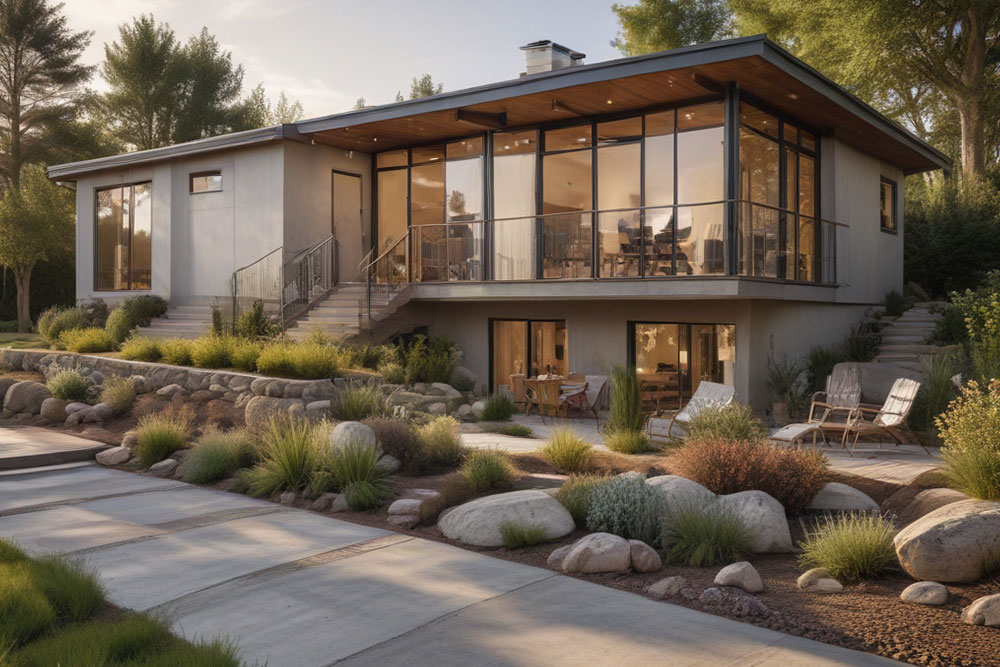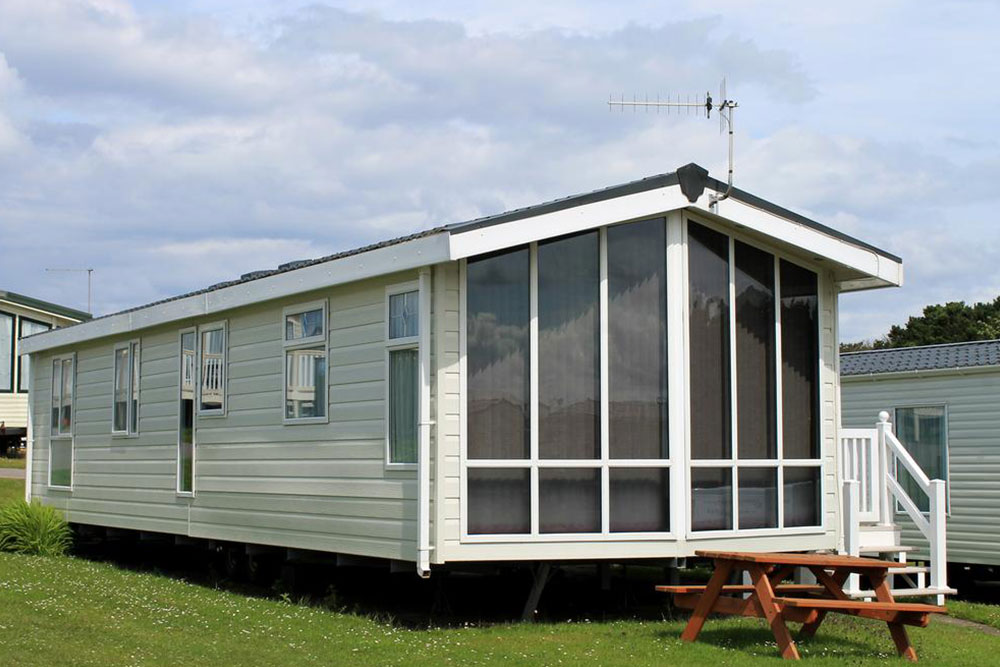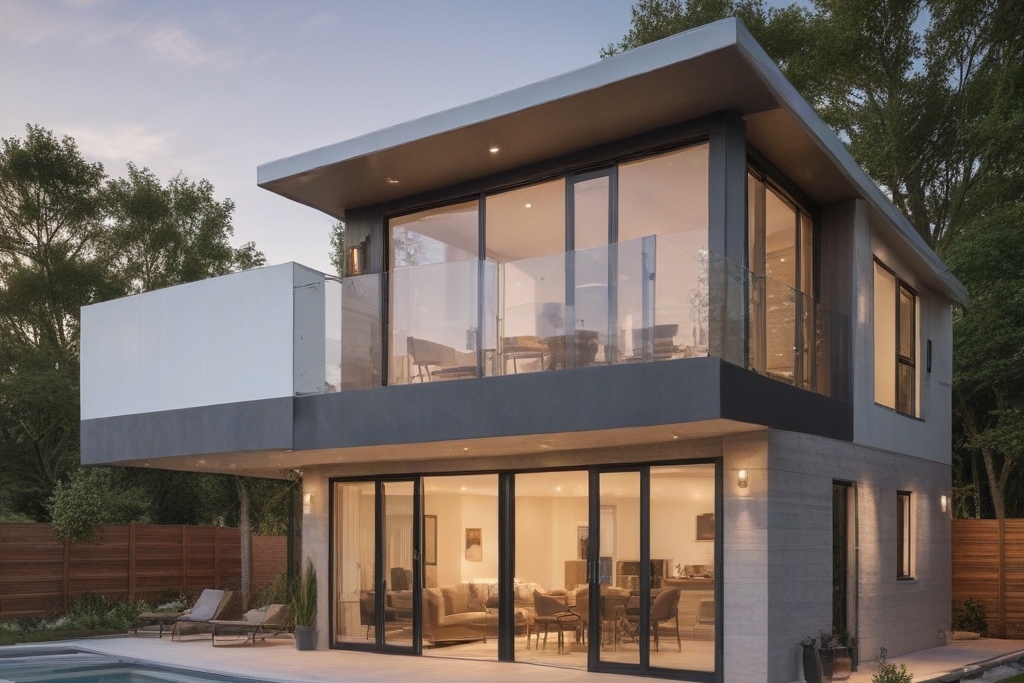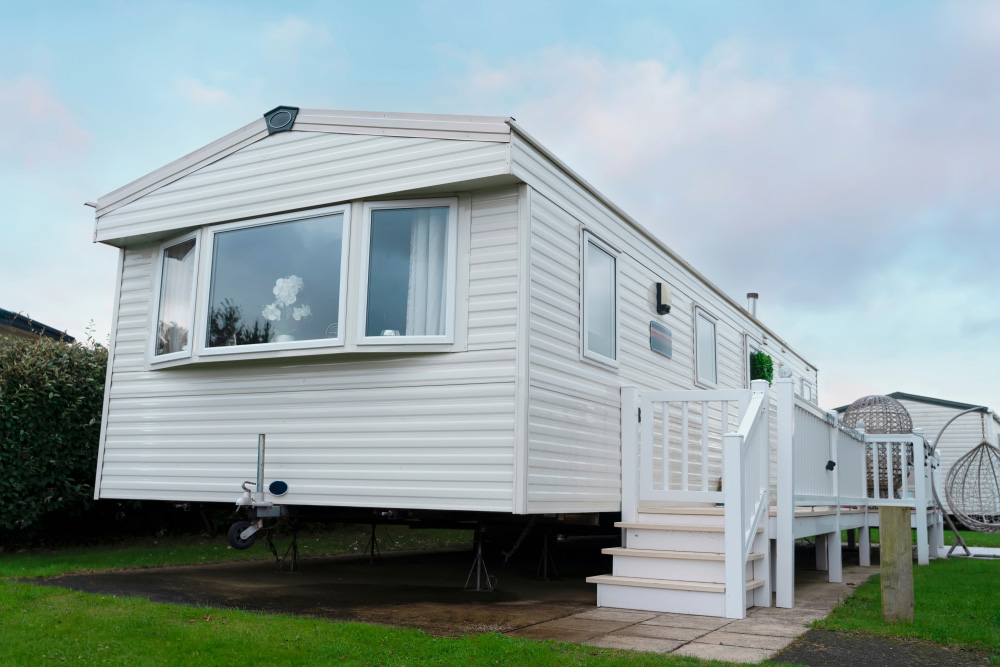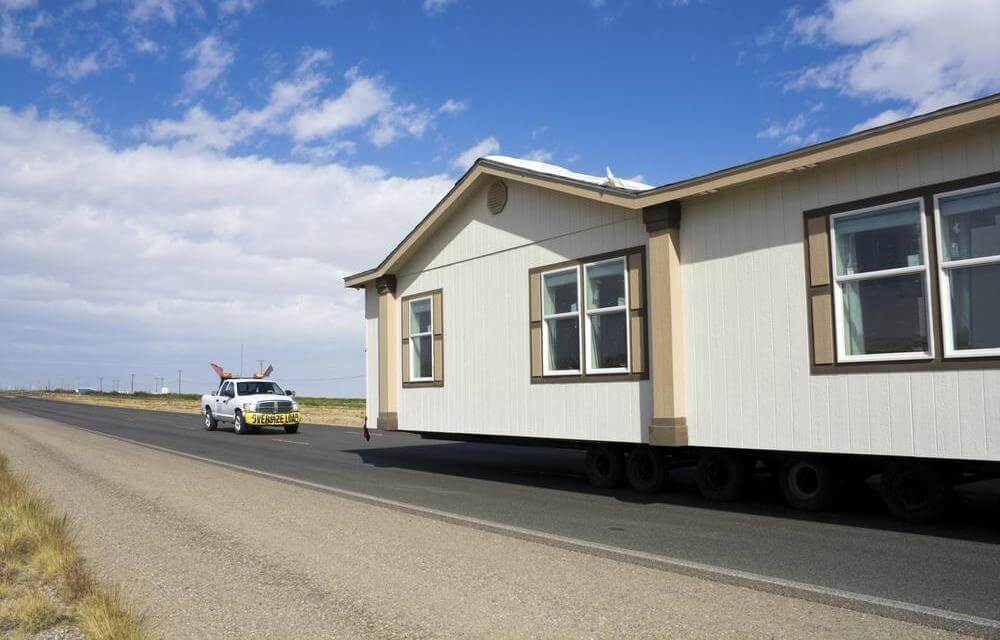Modular Housing Solutions: Benefits and Cost Insights
Explore the benefits and costs of modular homes, a popular and sustainable housing solution. Learn about their construction process, affordability, energy efficiency, eco-friendliness, and approximate prices based on materials and size. Find out how these factory-built homes offer quick turnaround times and customization options, making them a smart choice for modern living. Whether you're considering a small unit or a large family home, this guide provides valuable industry insights for prospective buyers and builders alike.
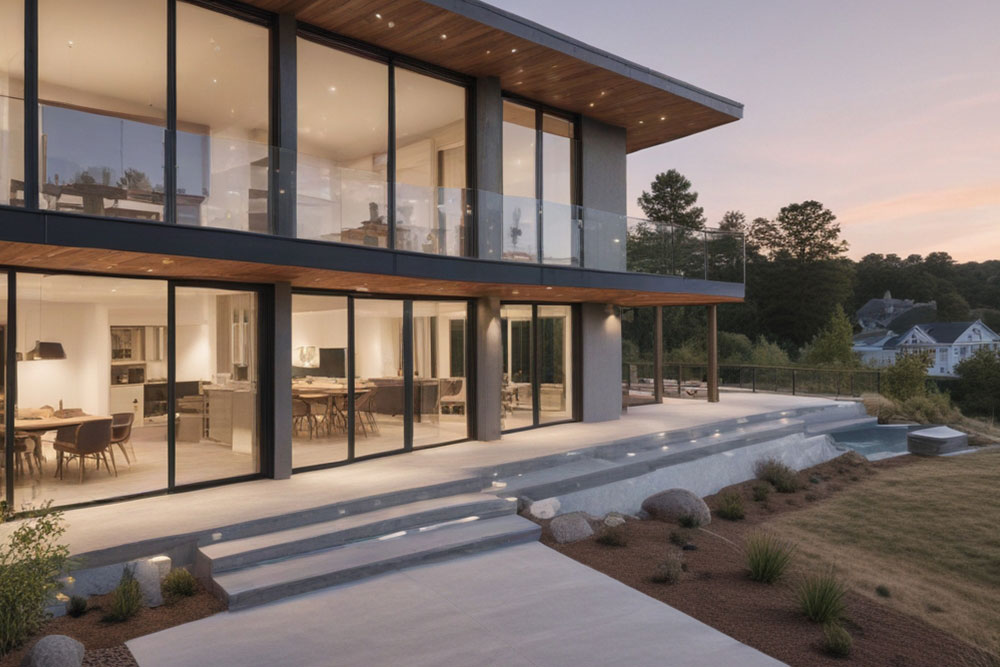
Modular Housing Solutions: Benefits and Cost Insights
Prefabricated modular homes are not a new concept. Originally developed as a quick fix for housing shortages after World War II, these homes were affordable and swiftly assembled. Today, modular homes have advanced significantly, allowing buyers to customize designs at a lower cost. Factory-built and adaptable to personal preferences, these homes can be tailored based on lot size, budget, and lifestyle needs.
Construction Method
Modular homes are built in controlled factory environments and then assembled on-site. This category includes modular units, manufactured homes, kit homes, panelized structures, and mobile dwellings.
Depending on individual tastes, lifestyle, and design preferences, these homes can be constructed from materials such as wood, steel, fiberglass, and more. Their mass production in factory settings makes them more cost-effective compared to traditional on-site construction.
Typically, modular homes have a lifespan of 30 to 50 years, influenced by construction quality, materials, and maintenance practices.
Advantages of Modular Homes
Increasing popularity of modular housing stems from benefits like affordability, environmental sustainability, energy efficiency, and durability.
1. Lower Cost
One of the key benefits is their lower price point relative to conventional homes. Factory production ensures high-quality standards and minimizes material waste, which cuts costs. Additionally, fewer labor hours and quicker construction timelines contribute to affordability.
2. Energy Conservation
With airtight construction and advanced window technology, modular homes significantly reduce energy consumption. Features such as seamless joints and strict compliance with energy standards result in tightly sealed interiors that prevent leaks, lowering utility bills. These homes are also built to withstand severe weather including tornadoes and heavy rainfall.
3. Eco-Friendly Materials
Modular homes often incorporate recycled steel, reclaimed wood, and eco-conscious materials, making them a greener choice over traditional buildings. Their controlled manufacturing process minimizes waste and environmental impact.
4. Faster Construction
Prefabricated modules are crafted off-site and swiftly assembled on-site, significantly reducing construction time. Their factory-built components are less susceptible to weather delays and require less on-site labor. However, site preparation — including foundation work and regulatory compliance — still influences overall timelines.
Cost Breakdown
Pricing for modular homes varies greatly based on numerous factors, making precise estimates challenging. Key determinants include:
1. Building Materials
The choice of materials impacts costs significantly. For example, timber may cost around £75 per square meter, structural insulated panels starting at £95, and oak frameworks approximately £195 per square meter.
2. Foundations
Foundation work entails groundwork and site setup, which depend on construction complexity, size, and design, influencing the total expense.
3. Size and Design
House dimensions and layout are major price factors. For example:
Small, self-build modular units (~1050 sq ft) may start around £14,000 with basic features, rising to about £35,000 for premium versions.
Medium-sized homes (~1388 sq ft) with outdoor areas can cost £30,000 to £65,000 depending on features.
Larger homes (>2100 sq ft) often exceed £100,000.
Prices per square meter for flat-pack modules range from £75-200, with custom kit homes falling between £40,000 and £100,000. Regional factors, manufacturers, and specifications also affect costs.
Buyers typically purchase directly from manufacturers for customization options. Contacting local modular home producers provides tailored quotes and options.

